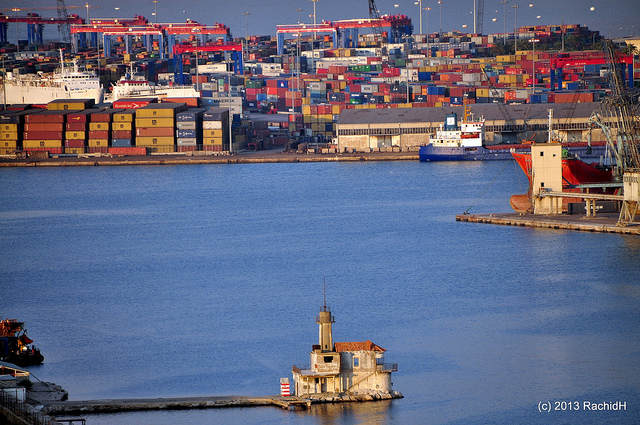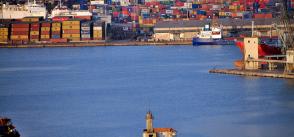
Getting Lebanon’s water flowing: using new SDG data in an urban crisis
Anna Walnycki explains how reliable, disaggregated data on water access – supported by the framework of the SDGs – could help tackle the challenges facing Lebanon's water sector.
The Syrian conflict has displaced 1.5 million people to Lebanon, putting pressure on water services and resources. Humanitarian agencies and the national government have drawn on Sustainable Development Goals (SDGs) indicators to gather new data on access to water and water quality, to be able to respond more effectively to the water crisis.
The Syrian conflict has led to a humanitarian crisis that has displaced 11 million people in the Middle East and North Africa since 2011. This has had huge ramifications for the provision of basic services, such as electricity, sanitation, waste collection and water in surrounding countries, including Lebanon.
UN-Habitat estimates that demand on water services has increased by 30 per cent since the crisis began. 3.7 million people – both Lebanese and Syrian are in need of water.
[...]
Disaggregated demographic data is essential for understanding who lives where in each city, and more importantly their basic needs, such as access to water. Equally, it has the scope to disrupt fragile social relations, as demonstrated by the reluctance of the Lebanese government to undertake a census since 1932, given the extended periods of civil war and unrest.
Read the full article by Anna Walnycki via International Institute for Environment and Development (IIED).
[Photo by Rachid H | Flickr]







